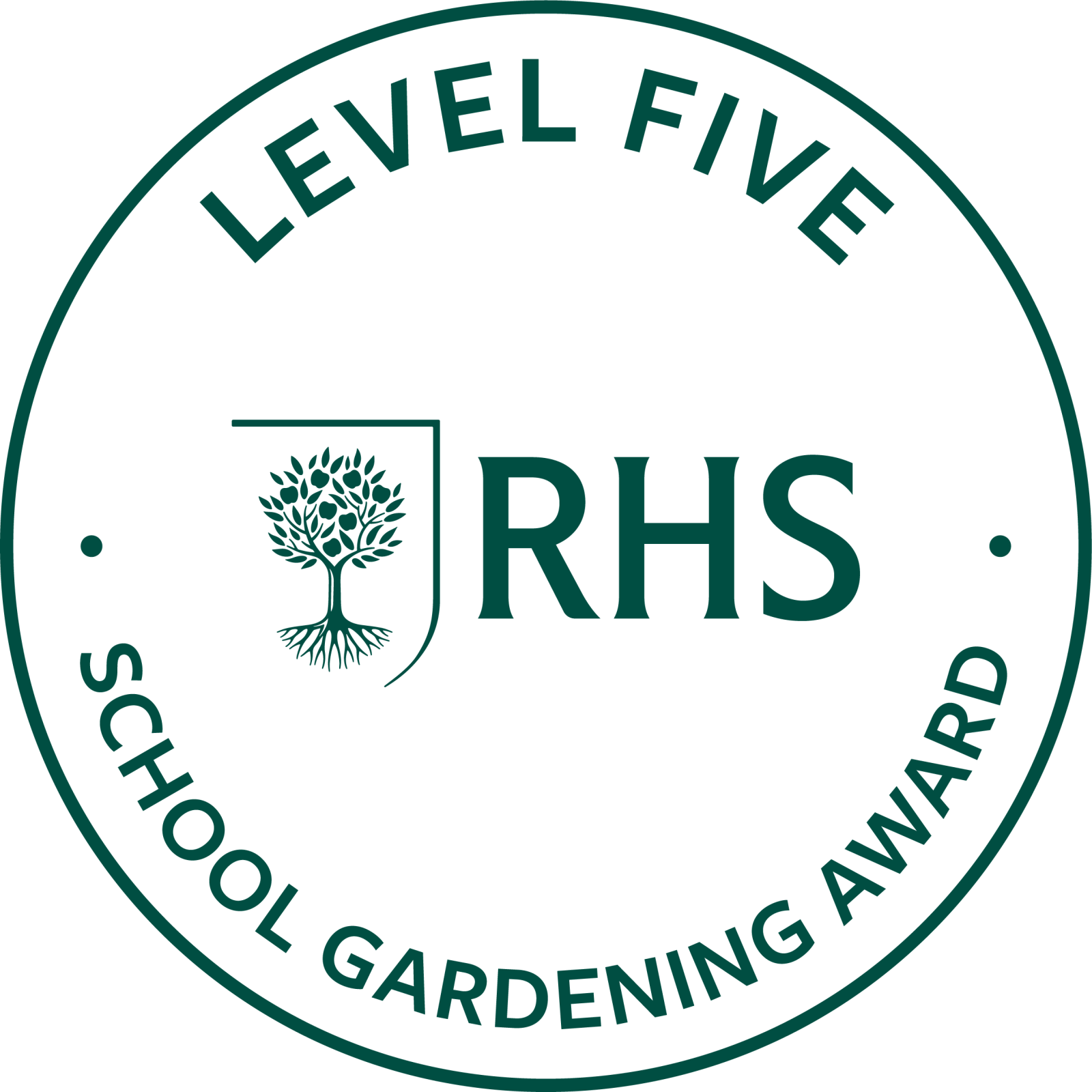Humanities and Religious Education
Curriculum Overview
The humanities are the basis of how children learn to become responsible citizens. They make a vital contribution to student’s spiritual, moral, social and cultural (SMSC) development. The humanities enable students to:
- consider questions about the meaning and purpose of their lives
- explore their own identities, values and beliefs and concepts such as time, space and faith
- develop skills and habits associated with critical and creative thinking
- extend their cultural and imaginative horizons
- learn to empathise with people who are different, as well as those who are similar, thereby celebrating diversity, exploring common ground and challenging bias and prejudice
- learn about democracy, global citizenship and sustainability
- strengthen a sense of care for themselves, each other and the planet
Feedback and Assessment
Feedback is given verbally by teachers and TAs to students during all learning activities, because immediate verbal feedback is the best way to help our students to progress. Students also have the opportunity to share their views about their own work and the work of their peers. This is done in a variety of ways, dependent upon the ability of the students. Student progress is determined using our 150 Steps to Progress, and through external accreditation measures at KS4 where relevant.
External Accreditation
This is offered in KS4 as:-
- WJEC Entry Pathways Humanities: Entry Level 3
- WJEC Entry pathways Humanities: Entry level 2
- ASDAN Short Courses: History
- ASDAN Short Courses: Geography
- ASDAN Short Courses: Beliefs and Values



